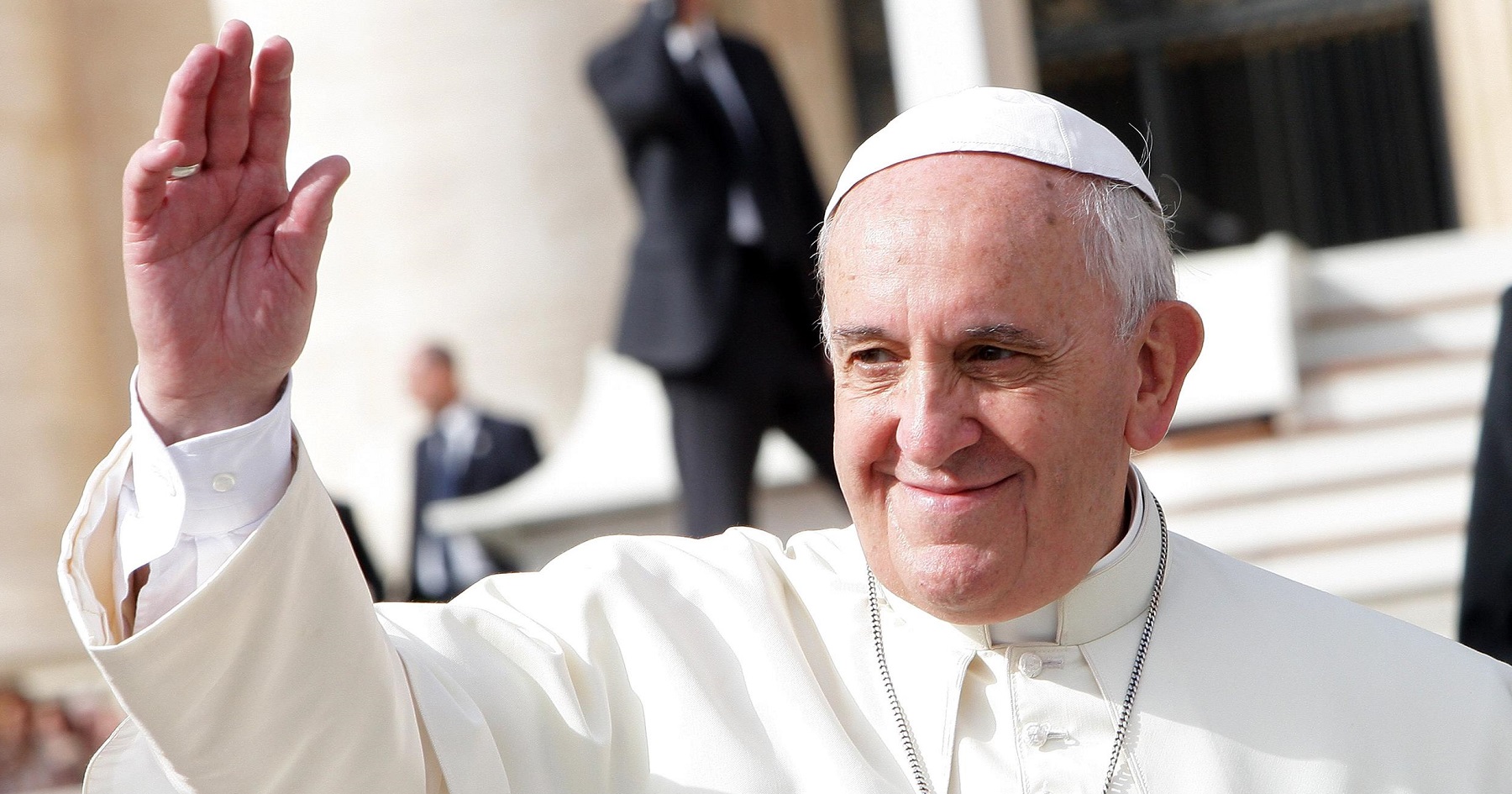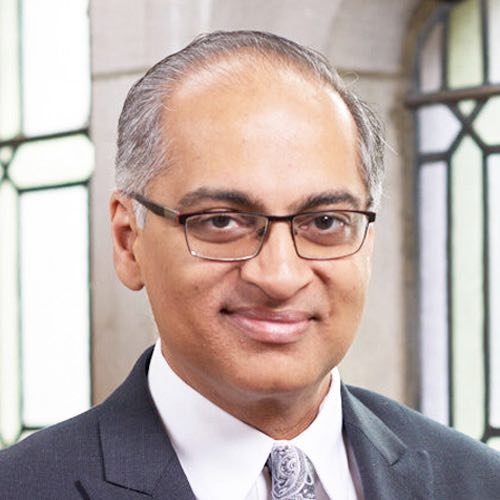Recently, a theological dispute broke out in the public square: a relatively rare occurrence in our post-theological era. Conservative evangelicals are irate about Pope Francis’s recent claim during an interview with CBS evening news anchor Norah O’Donnell that human beings are essentially good. They are not upset about Pope Francis’s unequivocal “No!” to O’Donnell’s question about the possibility of women being ordained to any holy order. On that matter, they agree with the Pope. Nor do they seem to be angry about Francis’s claim that wealthy nations bear a disproportionate share of the blame for climate change. No, instead they are enraged about a matter of “theological anthropology,” a theologically informed account of what it means to be human.
So, what precisely did the Pope say that triggered outrage? Here’s what transpired:
“Norah O’Donnell: When you look at the world, what gives you hope?
“Translator: Everything. You see tragedies, but you also see so many beautiful things. You see heroic mothers, heroic men, men who have hopes and dreams, women who look to the future, eh? That gives me a lot of hope. People want to live. People forge ahead. And people are fundamentally good. We are all fundamentally good. Yes, there are some rogues and sinners, but the heart itself is good.”
The Pope is saying nothing contrary to basic Christian teaching. The first word that God proclaims after completing the work of creation is to pronounce it good: “God saw everything that he had made, and indeed, it was very good.” (Genesis 1:31). Christians have long affirmed that the fall does not destroy created goodness. Positing “total depravity” — the idea that nothing of human goodness remains after the fall — is a minority note in Christian teaching.
But, even if you happen to agree with some account of human depravity, that doesn’t need to trigger theological fury. There are many Christianities, and there is no unanimity across a wide range of theological issues. However, a peaceable recognition of difference across Christian traditions is not what transpired.
Instead, the Pope’s claims about human goodness triggered fury. Probably the most intemperate responses came from Southern Baptist leader, Albert Mohler. Some of what Mohler had to say is standard issue anti-Catholicism, including, of course, the assertion that the papacy itself is “an unbiblical office.” Coming from Mohler, such words hardly surprise. But Mohler said far more:
“He says, ‘But the heart itself is good.’ The Bible says that the heart is desperately wicked, and that’s clear language, as clear as it gets. And furthermore, you have this statement that is completely devoid of Christ, that you don’t even find Christ here. The pope claims to be and has claimed to be the vicar of Christ, but this is Christless. Now, I want to be very clear here. I’m talking about the abandonment of the Gospel, and the Pope is not alone in this.”
These are not mild words: “Christless” and “abandonment of the Gospel.” And, of course, Mohler seems to believe that complex theological issues can be settled by citing Jeremiah 17:9: “The heart is deceitful above all things, and desperately wicked: who can know it?” (KJV)
Is this a tempest in a teapot, an arcane theological tussle between Christian communities? Hardly. Deep questions about human life and its possibilities are at stake in this debate.
To begin, it must be recognized that the Pope does not deny the reality of sin and human waywardness. On the contrary, elsewhere in his interview, the Pope explicitly said, “Do you know who are the privileged in the church? The sinners. We, the sinners, are the privileged ones because Jesus came to call upon us sinners, all of us. The Lord forgives everything. Everything. It is we who get tired of asking for forgiveness.”
Is the Pope then contradicting himself? How can the heart itself be good if we are sinners? Far from being self-contradictory, the Pope strives to strike a delicate balance between two core Christian affirmations, both of which are true. Human beings are created good; human beings are sinners. Yes and yes.
Affirm only the first, and we fall into an unrealistic and sunny optimism. Open the morning newspaper and you can see that every single day brings its own litany of human evil and violence.
Affirm only the second, and we undercut the reality of human kindness and the possibility of human transformation. If we sound the sober note of sin too stridently, we risk suggesting that human beings are capable of undoing God’s good work of creation. On this account, Christ’s atoning work can generate only divine forgiveness but not human growth into sanctification. If the heart is desperately wicked and remains so, we cannot and must not expect much from ourselves.
The Pope, by contrast, is encouraged — his heart is emboldened — by daily evidence of human decency, kindness and heroism. He has not given up on humanity. On this matter, I stand with the Pope. The daily newspaper will not report a thousand points of light, but light shines in the darkness and the darkness cannot overcome it.
The question of human goodness and human evil remains a live conversation within and across Christian communities. Because complex matters are at stake, we must seek conversation not closure. What we need are not dogmatic dictates but ongoing learning — learning that can and should also include wisdom from other religious traditions. Sharp and disparaging words in which we hereticize each other accomplish little. What the world needs to see is Christian communities dedicated to cultivating conversation rather than pronouncing facile platitudes.




